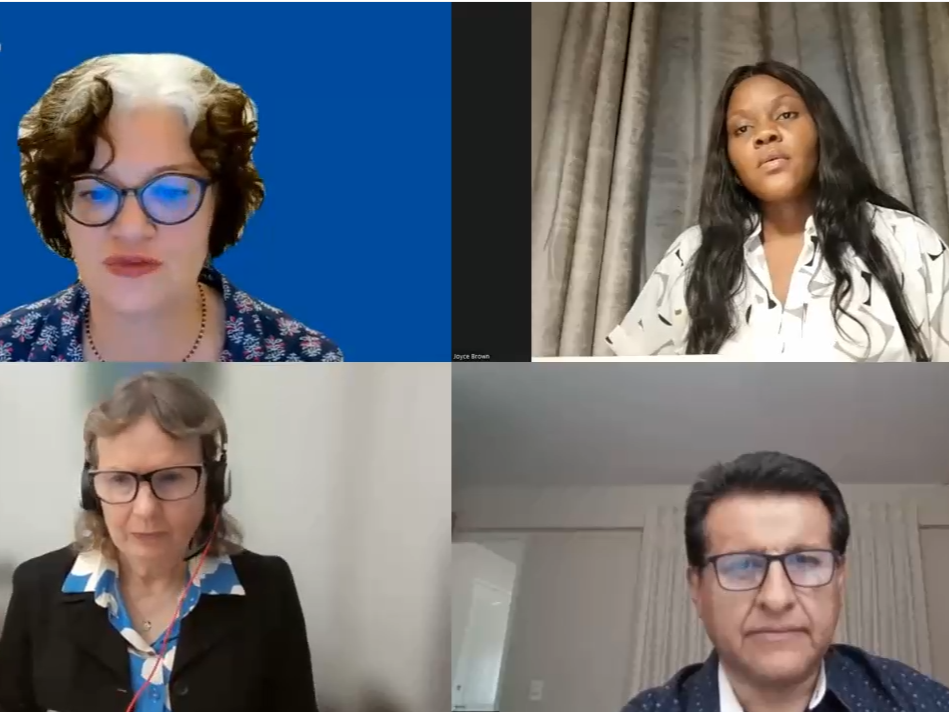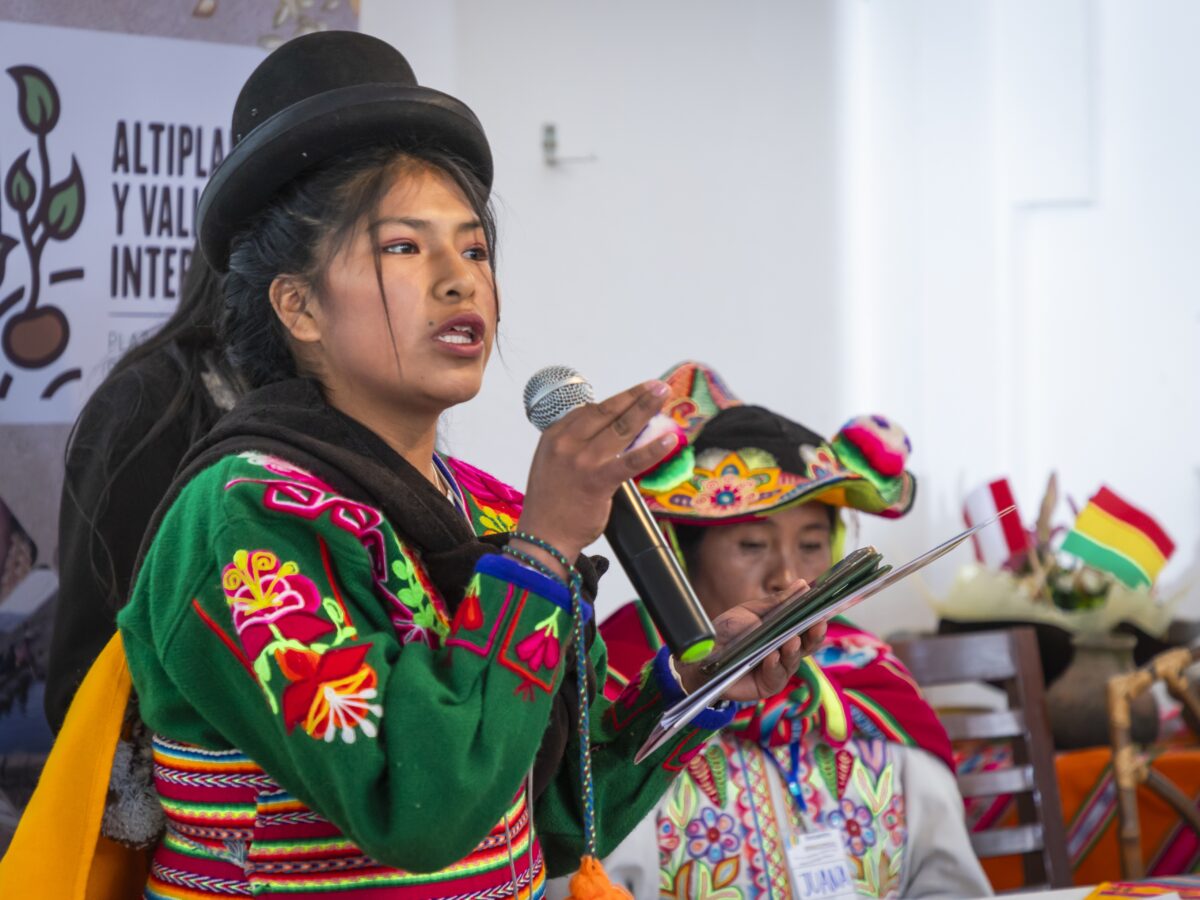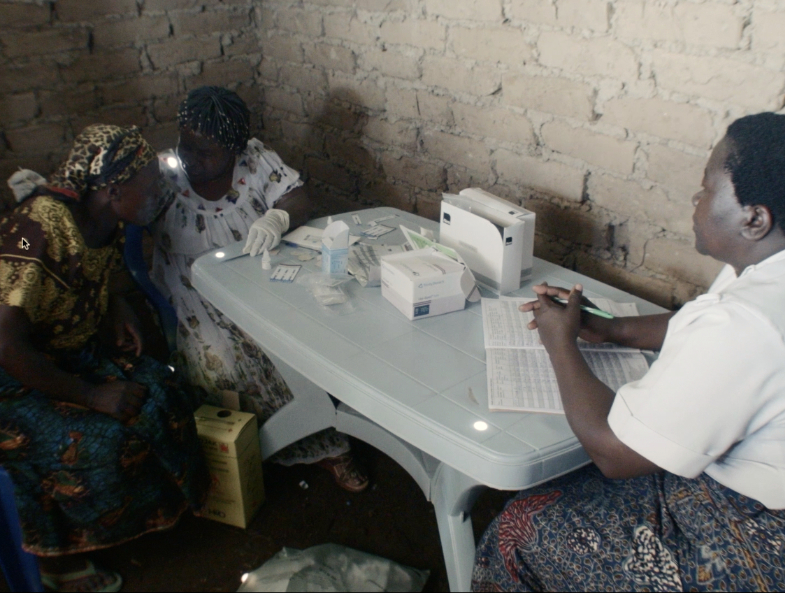What developments have led to the global food crisis? Is biodiverse, sustainable local agriculture a solution to the current food crisis? And how can this type of agriculture be strengthened? Three experts from Africa, Europe and Latin America provided answers to these questions in Mission 21's webinar on the food crisis and (neo-)colonial food systems. The...
The number of hungry people is rising dramatically: in 2023, 733 million people were suffering from hunger, particularly in rural regions of Africa and Latin America. At the same time, more than 900 million tons of food are wasted worldwide. Experts Joyce Brown, Mario Enriquez Ralde and Dr. Elisabeth Bürgi took part in the webinar on 22 October 2024. They agreed that this crisis is closely linked to colonial trade structures and unequal power relations. Dr. Elisabeth Bürgi emphasized that international agricultural trade is still shaped by the power relations of the colonial era: current tariff inequalities favour wealthy countries and disadvantage producing countries in the Global South.
Food sovereignty through local agriculture
Joyce Brown, an activist for food sovereignty in Nigeria, emphasized that rural regions in Nigeria are particularly affected by the hunger crisis, as rising food prices make access more difficult. The climate crisis is also exacerbating the problem: unpredictable weather conditions lead to both flooding and extreme drought, which affects agricultural production. At a social level, it is important to create gender equality: In Nigeria, for example, there are regions where women are not allowed to own land - this needs to be changed.
Mario Enriquez Ralde, an expert in agroecology from Bolivia, reported that even in Bolivia, fewer and fewer people have access to healthy food. Agriculture is suffering from a lack of water and climate change, which is making the production of staple foods such as quinoa more difficult. The state is also promoting export-oriented cultivation, for example of soy. However, local, sustainable agriculture is the main contributor to food security and this must be promoted.
Sustainable solutions and need for action
Dr. iur. Elisabeth Bürgi Bonanomi, who teaches law and sustainable development at the University of Bern, also spoke out in favor of promoting biodiverse, local production. This would also require an adaptation of Swiss law. Switzerland should favor the import of sustainably and fairly produced goods.
Elisabeth Bürgi emphasized the need to reform the regulatory framework of international trade and to promote fair trade practices. She referred to progress such as the fair trade law in France, but pointed out that there is still a long way to go to achieve fair and sustainable agriculture worldwide. The panel also agreed on this assessment. All three experts advocated strengthening food sovereignty through biodiversity-friendly, sustainable local agriculture.
► The webinar "What does the food crisis have to do with (neo)colonial food systems?" in the "Mission-Colonialism Revisited" series provided valuable impetus for combating the global food crisis and creating a just, sustainable future. The full recording can be viewed here.
► Our current campaign "Learning from each other, living sustainably"







